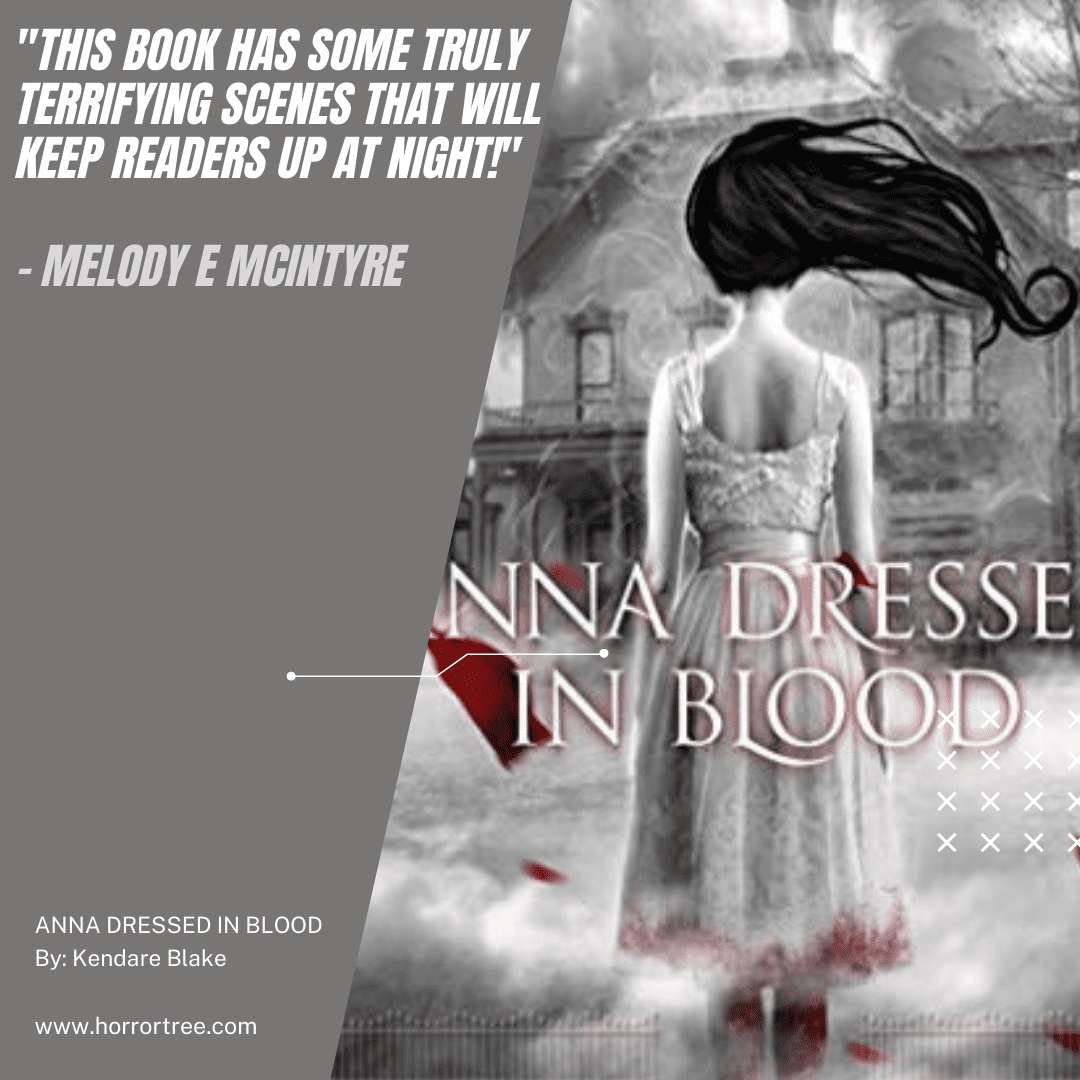Story Worms: Gaining Momentum (and Keeping It)

As writers, we all know that our creativity waxes and wanes, that our inspiration ebbs like the tide, and that motivation is sometimes harder to find than your car keys when you’re running late. We’ve all struggled with the times we’d rather just slob in front of the TV, or post pointless updates on Facebook, or shop for another new notebook.
But on the other side of the coin, we all know the exhilaration of when things are going well. When the words flow out of you, and your typing can’t keep up with your thoughts. When every word is genius, when your characters do just what you want them to do, when your plot if fantastic. Those days when you really can imagine book signings with a queue out the door, and movie deals piling in your letter box. Those times when you finally look up from writing and realize it’s 3am, or that you’ve skipped a meal or two, or forgotten to go to work. Those days when the muse is your best friend, when she stays close and loyal.
And don’t you just wish you could bottle that?
When the muse calls, we have to jump. Even if all you can manage to do is scribble a few notes for working on later. She’s impatient and fickle, and she’ll be gone as quickly and unexpectedly as she came. But there are things that you can do to keep hold of the motivation.
- Be prepared. The muse can pop up at any time, any place, so fill your life with handy notebooks and pens. Have one by your bed, next to the toilet, in your coat pocket, your bag, the car. Carry a voice recorder, a camera. When inspiration strikes, make sure you’re ready to document it.
- Make the most of it. When the muse wants your attention, give it to her. Turn off the TV, cancel your dinner plans, cancel sleep, meals, life. Just tie yourself to your computer and type like it’s going out of fashion. Type until you wear your fingers down to the bone. Type even after the muse has left. If you have to cancel plans with friends and family, just dedicate your novel to them; they’ll forgive you.
- Take notes. When you’re really flowing, your head often moves a lot quicker than your hands. Keep a notepad next to you and jot down phrases, images, ideas, names, as they come to you. Don’t presume you’ll remember them three sentences later.
- End your writing session mid-thought. This is the best writing advice I’ve ever been given. Don’t end your writing session at the end of a chapter, or a scene, or a paragraph. If you do, you’re starting cold on your next session, starting without a clear directional pointer. If you finish your session mid-scene, mid-sentence, mid-word even, you can hit the ground running when you come back to it. Your characters will forgive you for cutting them off so abruptly.
- Find your excitement. When you find your motivation beginning to fade, remind yourself of the things that made you excited about this story in the first place. Re-read your favorite bits, write out your favorite section and stick it up on your wall.
- Gain motivation from others. Motivation can be contagious. Print out quotes from your favorite authors, follow the careers of writers you want to emulate. Or find writers you hate, writers you’re jealous of, and follow their successes. Aim to be better.
- Set goals. Give yourself something to aim for. Make them small and timely. If your goal is ‘get published within the next 5 years’, it’s easy to keep putting it off and become distracted. Go for something like ‘write 500 words a day’, ‘edit a chapter a day’, or simply ‘write solidly for 20 minutes’. And if you achieve it? Treat yourself, you deserve it. (But don’t forget to punish yourself if you don’t!)
- Make yourself accountable. Commit yourself to goals publicly; you’re more likely to stick to things if other people will notice if you don’t. Blog about your goals, Tweet about them, hook up with a goal-partner online and motivate one another to keep going.
- Think positive. I know that it’s a cliché, but it really is true-having the right mindset will help you to achieve. Focus on the benefits, not the difficulties.
When the writing is hard, when it’s boring, tiresome, and getting in the way of fun, if you can keep going then, on those days; then you can achieve anything you set your mind to.
- About the Author
- Latest Posts
Angeline Trevena is a British author of dystopian urban fantasy and post-apocalyptic fiction. She has an impressive backlist of novels, a series of worldbuilding guides for authors, and short stories appearing in various anthologies and magazines. Despite the brutal and dark nature of her fiction, Angeline is scared of just about everything, and still can’t sleep in a fully dark room. She goes weak at the sight of blood, can’t share a room with a spider, but does have a streak of evil in her somewhere. Find out more at www.angelinetrevena.co.uk













1 Response